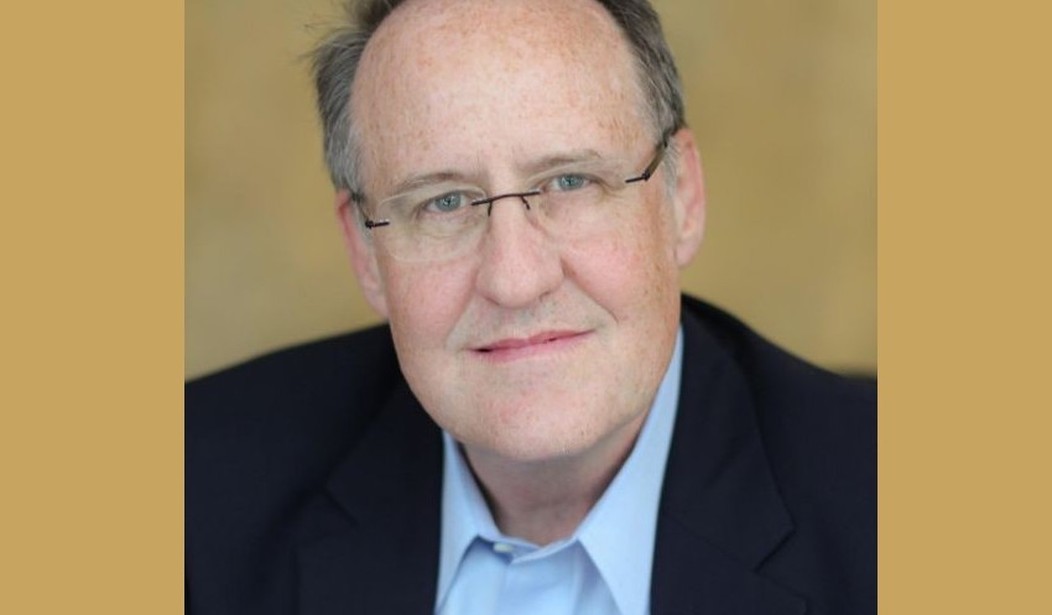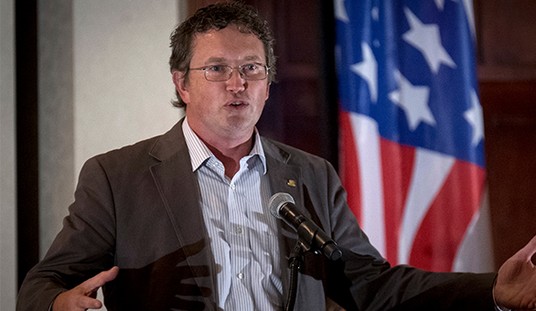Michael Bailey, professor of psychology at esteemed Northwestern University, is no stranger to controversy.
Even back in 2003, long before transgender ideology had fully infested the public school system, corporate America, and the medical system, Bailey earned the ire of transgender activists for a book he published critical of their claims.
“[Bailey] argued that some people born male who want to cross genders are driven primarily by an erotic fascination with themselves as women. This idea runs counter to the belief, held by many men who decide to live as women, that they are the victims of a biological mistake — in essence, women trapped in men’s bodies,” The New York Times wrote at the time.
Now, Bailey has re-emerged as a target for the rainbow people, according to his own account published via The Free Press:
My research has been denounced by people of all political stripes because I have never prioritized a favored constituency over the truth.
But I have never had an article retracted. Until now…
On March 29, I published an article in the prestigious academic journal Archives of Sexual Behavior. Less than three months later, on June 14, it was retracted by Springer Nature Group, the giant academic publisher of Archives, for an alleged violation of its editorial policies.
Retraction of scientific articles is associated with well-deserved shame: plagiarism, making up data, or grave concerns about the scientific integrity of a study. But my article was not retracted for any shameful reason. It was retracted because it provided evidence for an idea that activists hate.
The article, “Rapid Onset Gender Dysphoria: Parent Reports on 1655 Possible Cases,” can be found still on the Springer site with “RETRACTED” in all caps preceding the title.
This is the problem with all of the Public Health™ talk about “scientific consensus” — the nameless, faceless collective “experts say,” as the constant refrain goes. The thrust of the argument is that it’s morally wrong to question established narratives that have ostensibly been conclusively accepted by the vast majority of scientists in any given field.
The “consensus” fantasy is pushed by all manner of establishment figures as a means to shut down debate.
Exhibit A: Neil Degrasse-Tyson, the diverse representative — more celebrity than academic — of The Science™ whom the technocrats trot out on corporate state media whenever there’s a narrative they want to sell. He’s a good boy who will say what they want him to say without pausing for critical thought.
Of course, science is not a consensus. It’s not religious canon. It’s a process — one that’s predicated on the ability of all scientists to challenge and question theories advanced by their peers. That’s how “peer review” — described by proponents of The Science™ themselves as the “gold standard” in other contexts — works. No question should be forbidden and no experiment considered too controversial in the pursuit of truth.
Related: Biden Administration Fights Court Injunction Against Government-Directed Censorship
At various times throughout history, lone scientists have challenged orthodoxies that were often championed by powerful interests, such as the absurd theory that the world is flat or that the sun revolves around the Earth and not the other way around. Back in that time, the same gatekeepers would have said the same thing in defense of the flat Earth theory: the “experts say” otherwise, heretic!










